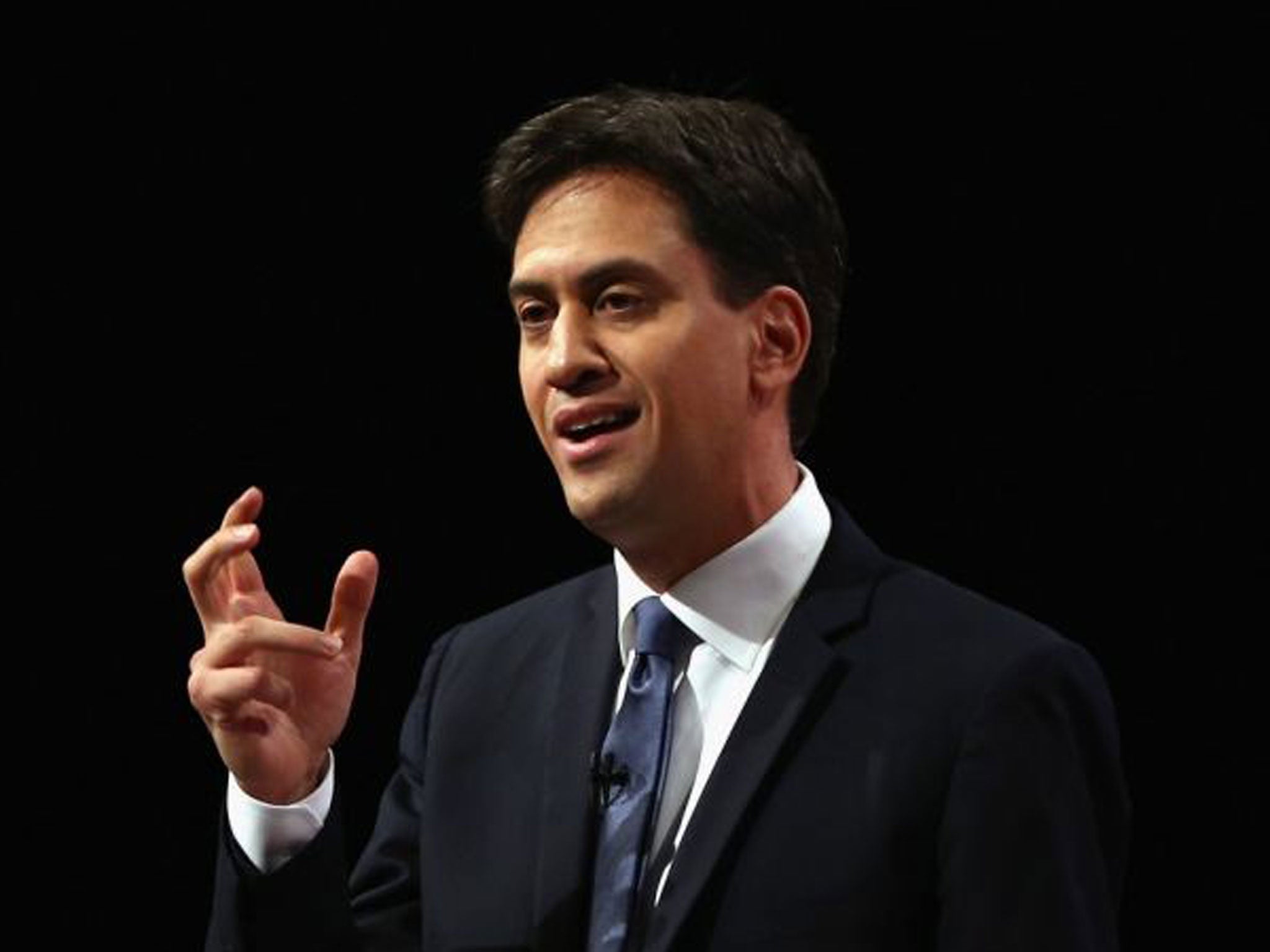The United States has the Tea Party. Here, in Britain, the job of obstructing sensible reform of our tax system falls to the Dinner Party. The talk at the tables in the smartest homes used to be house prices. Now, thanks to the Liberal Democrats and Labour, it's the "mansion tax".
The Dinner Party might be more genteel than the Tea Party, but it's a no less formidable force, as recent months have shown. Its media arm, the right-wing press, is firing incessantly against the policy of imposing an annual levy on expensive homes. The Dinner Party's political wing, known as the Conservatives, is busy at the barricades too. Never has such a consensus of opprobrium been assembled against what we're told is an "unfair", "vindictive", "envious" "counter-productive" and "impractical" proposal.
Yet never has such a vociferous consensus been founded on such crumbly economic ground. The details of Labour's tax remain hazy. But under the Lib Dem blueprint, which has been floating around for years, homes would be subject to a 1 per cent levy on their value above £2m. For a house worth £2.5m that would translate into a taxable liability of £500,000, resulting in an annual bill of £5,000. The owner of a house worth £3m would face a £10,000 annual bill. And so on.
Is that unfair? Not in historical terms. Under the old rates system, the annual levy charged on a property was determined by how much the owner could expect to receive if it were rented out. Left in place, that would have resulted in a steady increase in the charge over the years as house prices and rents shot up. Indeed, if Margaret Thatcher had not replaced rates with the poll tax the liability for expensive homes today would probably be similar to what people would pay in mansion tax. The policy would remove an unwarranted tax break for the wealthiest in the country, correcting a 25-year-old mistake.
Should we be worried about grannies with low incomes in multimillion pound homes? This could be dealt with by encouraging these individuals to borrow some of the value locked up in their homes.
One objection to the mansion tax is that property is over-taxed in Britain relative to peer economies, with the UK raising 4.2 per cent of GDP in this way against an OECD average of 1.8 per cent. Yet those cross-country comparisons are distorted because they include taxes on business premises. The fact is that residential property here is privileged relative to other assets. Most homes, for instance, are not subject to capital gains tax. That's quite a subsidy given London prices are up almost 20 per cent in the past year, and 12 per cent nationwide.
Would a mansion tax prompt a house price collapse? One would expect to see some of the froth blown from the top end of the market as the levy is factored into prices. But that would hardly be a disaster. Some assert that it would result in less house building. Yet while the tax is no answer to the chronic housing shortage there is no good reason to believe it would make building rates worse.
The real economic problem with the mansion tax is that it is not ambitious enough. The most logical reform would be to get rid of the regressive council tax and the disastrously distorting stamp duty and to impose an annual progressive tax on the entire stock of homes across the country, not just mansions. It's depressing that Labour is promising to divert the proceeds of the mansion tax to the health service, because property taxes are a naturally efficient source of funding for local governments. There is even a case for a revenue-neutral tax shift, with the income from the new levy merely off-setting flows from those that are scrapped. But let the Dinner Party be warned: under any economically rational overhaul of the property tax system those in expensive homes would end up paying considerably more each year than they do now.
The politics of introducing the levy should be simple. The economic case is strong, and winners would outnumber losers by a huge margin. According to estimates from property valuation websites there are around 100,000 homes in Britain worth more than £2m. That's just 0.4 per cent of the UK's 27 million residential dwelling stock. Under a progressive overhaul of property tax the vast majority would benefit financially.
But, of course, that ignores the political clout of the Dinner Party and the diabolical ability of the media to mislead. Yet a question hangs in the air. For whom is this country run? The majority? Or the Dinner Party? With Labour and the Lib Dems both pushing for an overdue overhaul of property taxes the outcome of the next election may help provide an answer.
Hamish McRae is away
Subscribe to Independent Premium to bookmark this article
Want to bookmark your favourite articles and stories to read or reference later? Start your Independent Premium subscription today.


Join our commenting forum
Join thought-provoking conversations, follow other Independent readers and see their replies